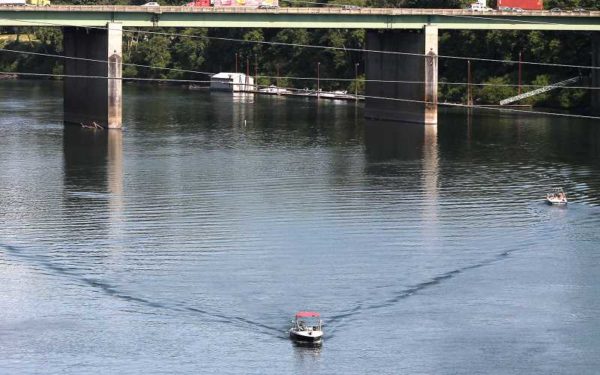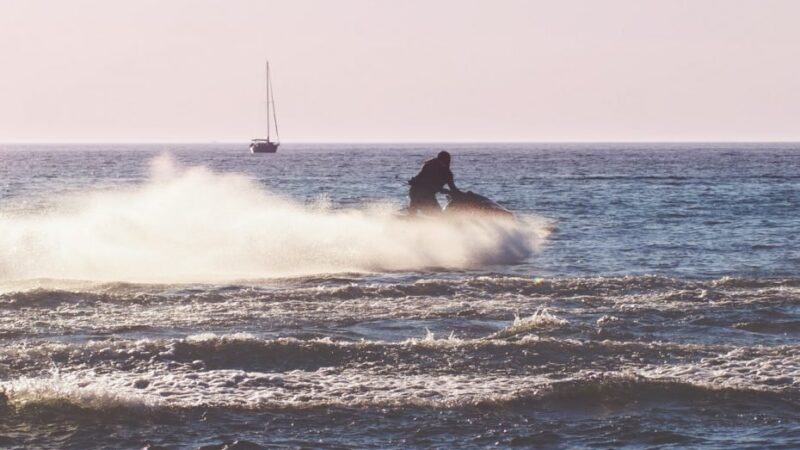Nonprofit Willamette Riverkeeper says wakes detrimental to native fish species along Willamette River.
 A nonprofit river protection organization, Willamette Riverkeeper, filed a notice of intent to sue the Oregon State Marine Board and the Oregon Department of State Lands for threatening river habitats, according to a news release.
A nonprofit river protection organization, Willamette Riverkeeper, filed a notice of intent to sue the Oregon State Marine Board and the Oregon Department of State Lands for threatening river habitats, according to a news release.
Citing the Endangered Species Act, the group asserts that wakesurfing boat-generated waves damage endangered species like chinook, steelhead and coho salmon. The organization said it will give both state agencies 60 days to reply to the notice with a “satisfactory” solution, and that it will sue if no solution is provided.
“Unfortunately, over the past few years the advent of very heavy boats that sit deep in the water with the sole purpose of creating a surf wave are having a negative impact on the river’s habitat due to the large, artificial waves that slam into the shoreline and nearshore area,” said Willamette Riverkeeper Executive Director Travis Williams in a news release.
Williams has been critical of the Marine Board’s policies regarding the Willamette River and recently filed a petition to try to enlist the DSL to outlaw medium and large wakesurfing boats along the river. That petition was denied.
Recently, the board moved forward with a proposal to allow wakesurfing in two sections totaling three miles of the Newberg Pool, which is roughly between Newberg and West Linn. However, those rule changes have yet to be signed into law. Current rules allow wakesurfing along a longer swath of the Newberg Pool.
“These craft have the sole purpose of mimicking natural waves found at the beach,” said Willamette Riverkeeper attorney Elisabeth Holmes in a new release. “The problem is that importing these waves to an inland river like the Willamette has a signicantly detrimental impact to critical habitat, and threatened species, and allowing this activity to occur is contrary to federal law.”
You count on us to stay informed and we depend on you to fund our efforts. Quality local journalism takes time and money. Please support us to protect the future of community journalism.






Recent Comments